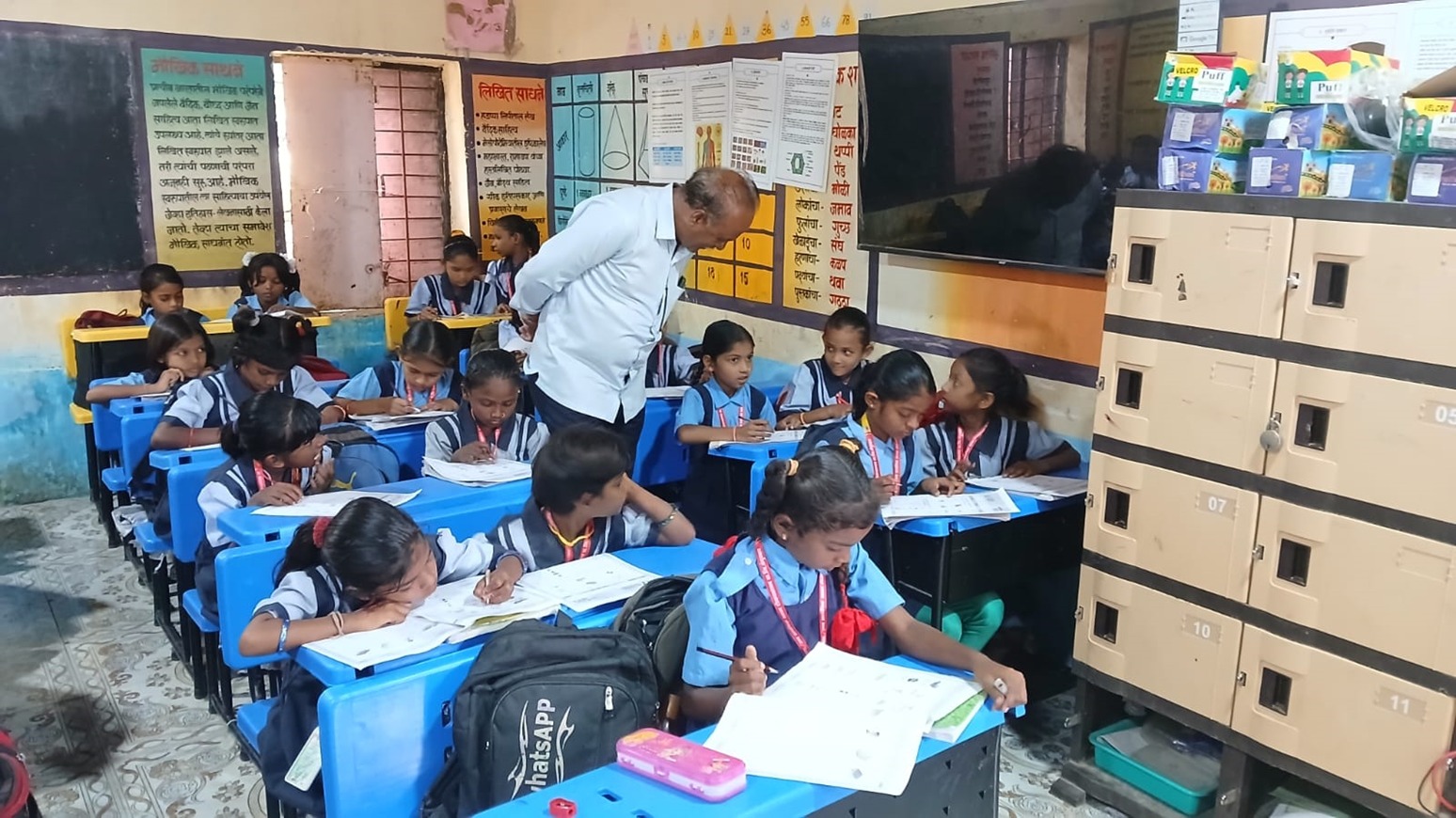When Did Learning Stop Being About Meaning?

Ask any student today, “When will I ever use this?” and you will likely get the same look, part frustration, part curiosity, part fatigue. The question isn’t defiance. It’s honesty. And yet, the answers they receive haven’t changed in decades: “You will need it for your exams, for college, for your future.”
But step into their world for a moment. They see AI solving the math problems we still make them memorize. They see Google answering the questions we make them study. They see YouTube teaching the skills we still believe only textbooks can provide. They are not failing to see relevance. We are failing to make learning relevant.
For years, schools have confused coverage with learning. We covered chapters, they forgot them. We tested recall, they crammed and dumped. We assigned projects, they asked “why,” and we said, “because it’s required.” The tragedy is not that students don’t want to learn; it’s that we have given them so few reasons that truly matter.
When education becomes a checklist of lessons, units, and grades, the joy of discovery fades. A student may devote months to learning a topic, and just a few hours later, they've forgotten everything. What remains, is not knowledge, but tiredness. And still, the system marches on, more invested in measuring than in meaning.
Real learning doesn’t happen when children are told what to remember; it happens when they understand why it matters. A fifteen-year-old using math to understand inequality is learning far more than one solving equations for marks. A student writing to persuade, to express, or to challenge ideas is learning more deeply than one filling pages for a grade. Real education begins when curiosity intersects with purpose.
John Dewey warned long ago, “If we teach today’s students as we taught yesterday’s, we rob them of tomorrow.” Yet, most schools still follow routines built for an industrial age, efficiency over exploration, compliance over curiosity. We reward neat notebooks, quiet classrooms, and perfect answers, while innovation, questioning, and risk-taking are quietly discouraged.
Children stop asking “why” not because they have grown bored, but because we have stopped listening. We see curiosity as distraction, rather than the basis for education. Outside of school, the world changes rapidly, ideas evolve, technology advances, the latest problems occur. Inside of school, our classrooms stay the same. We avoid the inevitable curiosity about our lives beyond school, maintaining rigid schedules and textbooks that rarely allow for curiosity.
Imagine a different kind of classroom. Imagine a science lesson led with the air pollution just beyond the classroom doors, rather than a paragraph in a textbook. Or economics starting with the price of products sold at the local market, rather than a graph taken from a chapter. Where history is learned by debating the decisions that shaped our present, not by memorizing dates.
That is not lowering standards; it’s deepening them. Real rigor is not about how much a student remembers, but how well they connect what they learn to the world they live in. When relevance drives instruction, learning stops being about performance and starts being about participation.
The change we need in education isn’t more technology or longer syllabi. It’s a return to meaning. Knowledge for its own sake is no longer enough. Children must see learning as useful, alive, and personal. They must be able to link lessons to life, to see math in budgeting, language in expression, science in health, and history in justice.
Albert Einstein said, “Education is not the learning of facts, but the training of the mind to think.” Yet, we have turned thinking into an afterthought. We praise accuracy over insight, memorization over imagination. And then we wonder why our students don’t love learning anymore.
The goal of education has never been to create students who perform well on paper. It is to shape human beings who can think, adapt, and care. The 21st-century learner doesn’t need more information, they need more connection.
When students ask, “When will I ever use this?” we shouldn’t be defensive. We should be inspired to answer better. Maybe the real question isn’t about them at all. Maybe it’s about us, when will we start teaching.